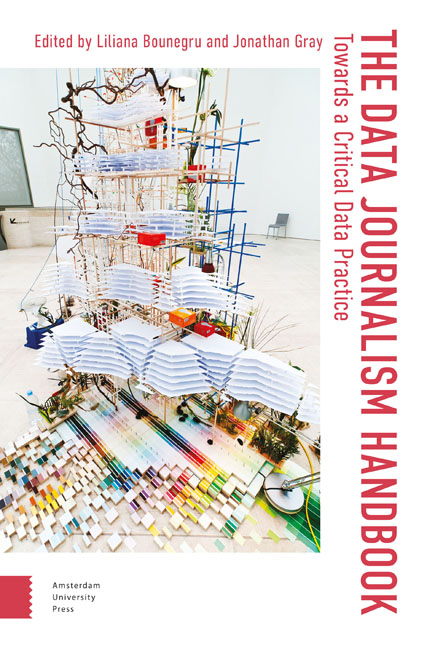28 - Searchable Databases as a Journalistic Product
Summary
Abstract
Exploring the responsible data challenges and transparency opportunities of using public-facing searchable databases within a data journalism investigation.
Keywords: databases, responsible data, crowdsourcing, engagement, data journalism, transparency
A still emerging journalistic format is the searchable online database—a web interface that gives access to a data set, by newsrooms. This format is not new, but its use in data journalism projects is still relatively scarce (Holovaty, 2006).
In this chapter, we review a range of types of databases, from ones which cover topics which directly affect a reader's life, to interfaces which are created in service of further investigative work. Our work is informed by one of the co-author's work on Correctiv's Euros fur Ärzte (Euros for Doctors) investigation, outlined below as an illustrative case study. It is worth noting, too, that although it has become good practice to make raw data available after a data-driven investigation, the step of building a searchable interface for that data is considerably less common.
We consider the particular affordances of creating databases in journalism, but also note that they open up a number of privacy-related and ethical issues on how data is used, accessed, modified and understood. We then examine what responsible data considerations arise as a consequence of using data in this way, considering the power dynamics inherent within, as well as the consequences of putting this kind of information online. We conclude by offering a set of best practices, which will likely evolve in the future.
Examples of Journalistic Databases
Databases can form part of the public-facing aspect of investigative journalism in a number of different ways.
One type of database which has a strong personalization element is ProPublica's Dollars for Docs. It compiled data on payments to doctors and teaching hospitals that were made by pharmaceutical and medical device companies. This topic and approach was mirrored by Correctiv and Der Spiegel to create Euros fur Ärzte, a searchable database of recipients of payments from pharmaceutical companies, as explained in further detail below. Both of these approaches involved compiling data from already-available sources.
- Type
- Chapter
- Information
- The Data Journalism HandbookTowards A Critical Data Practice, pp. 197 - 205Publisher: Amsterdam University PressPrint publication year: 2021

